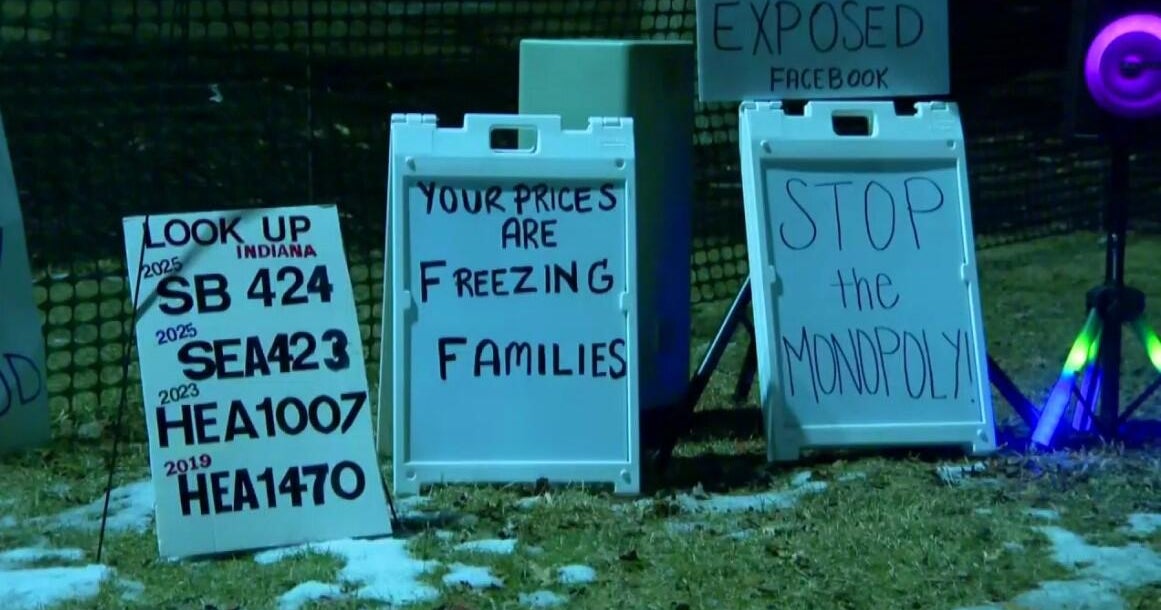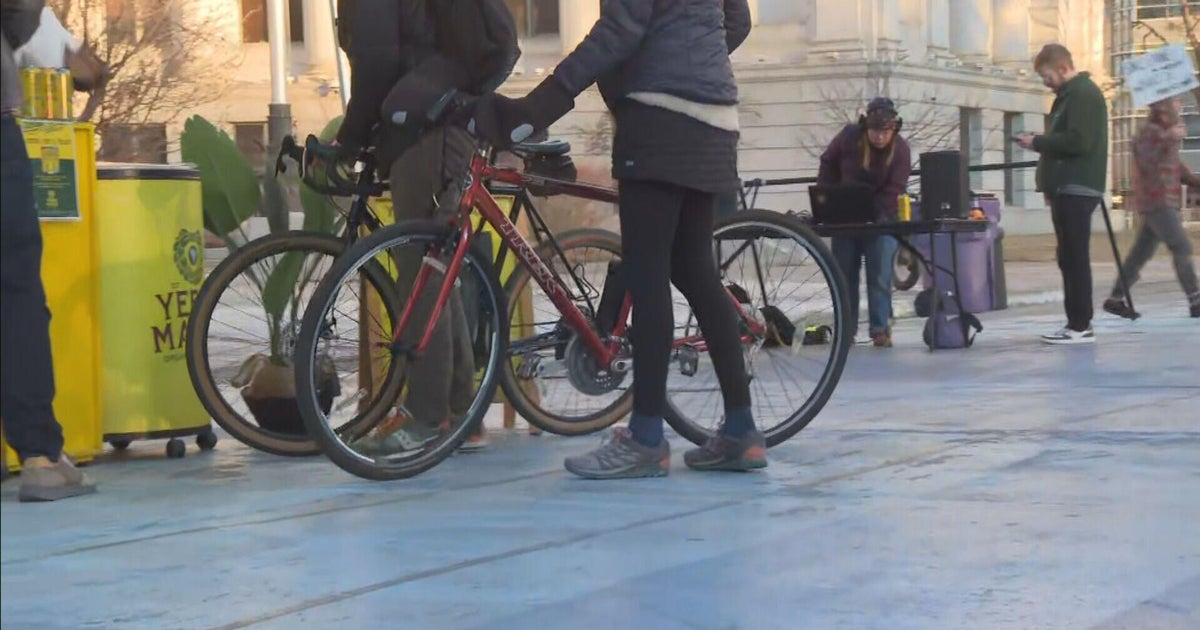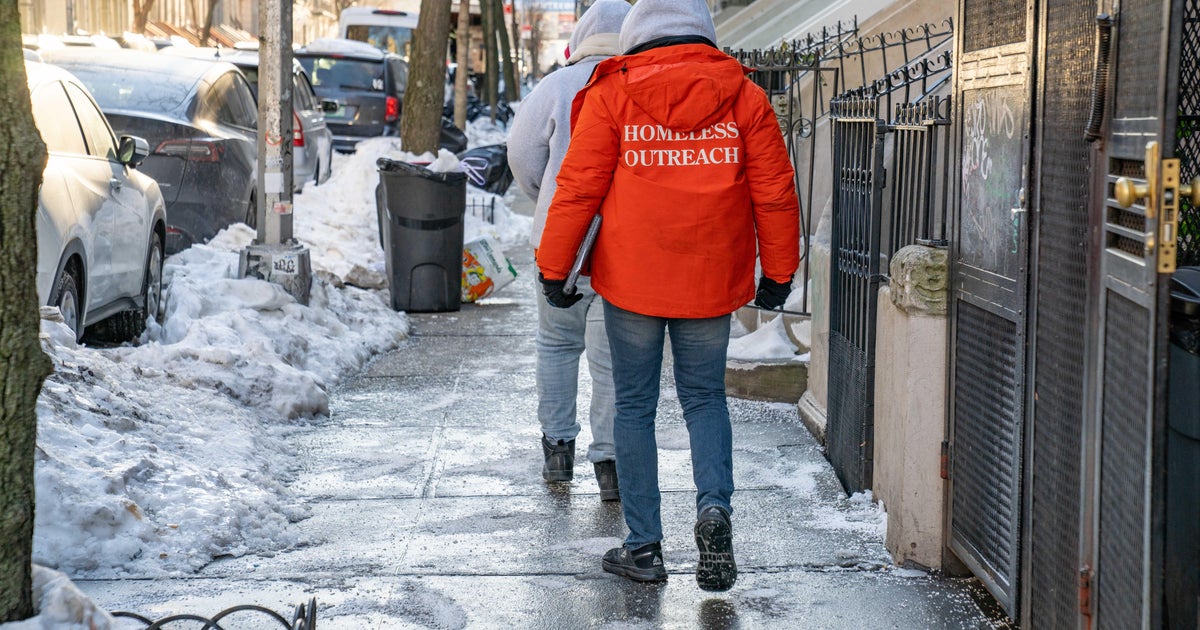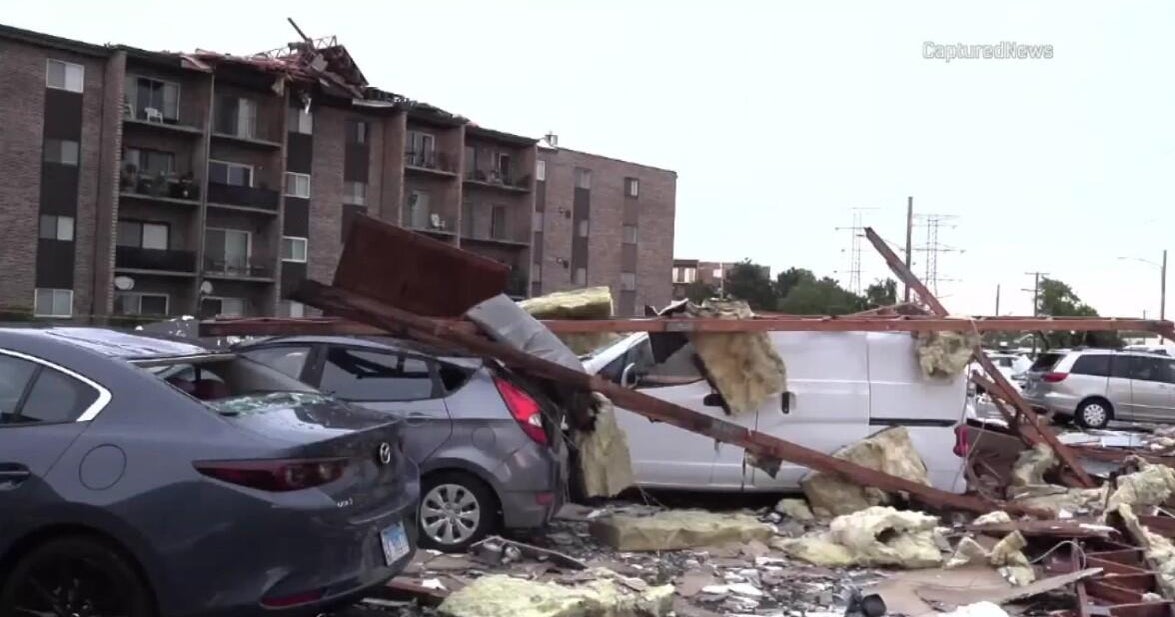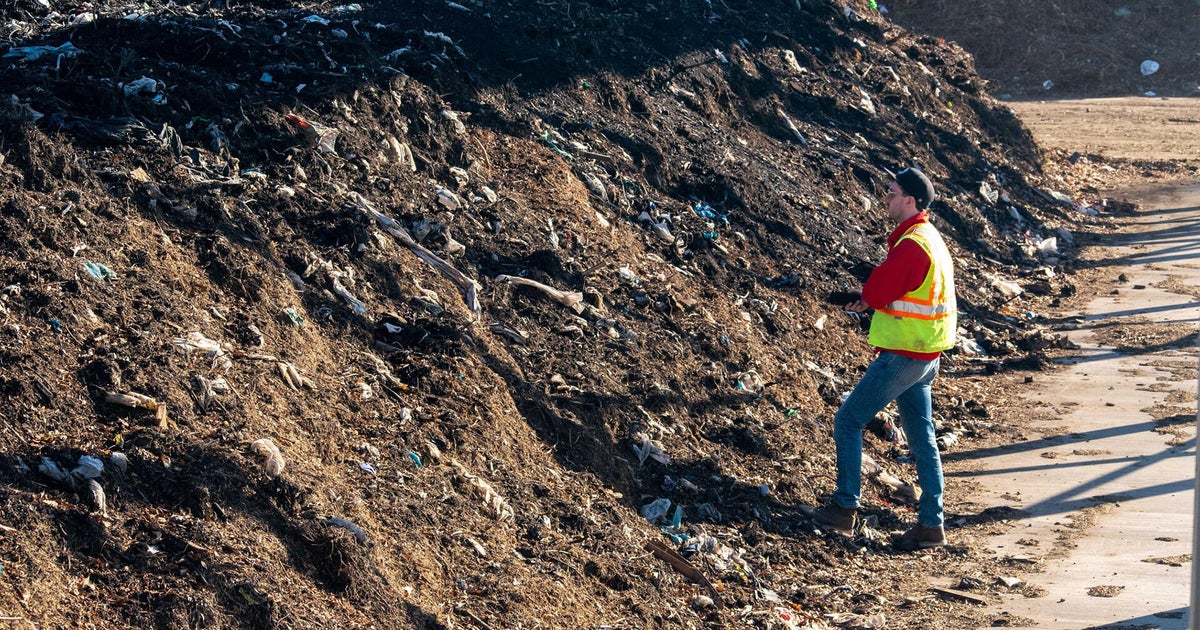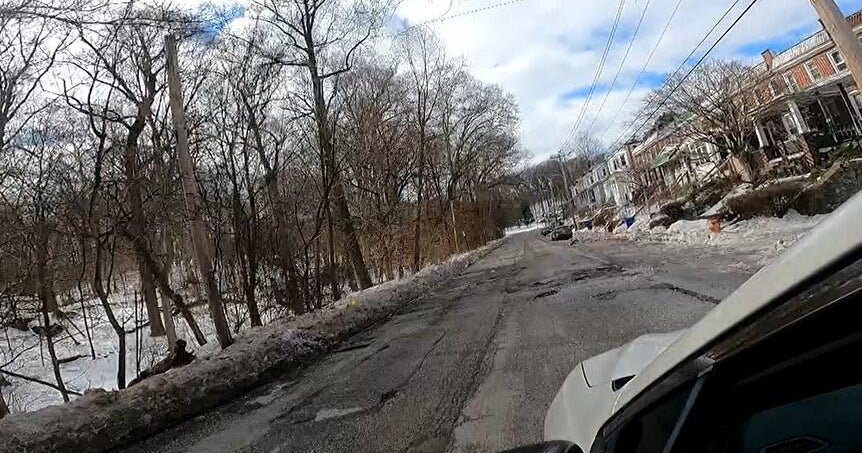Expert believes Texas will get through this winter without power grid failure
DALLAS (CBSDFW.COM) — Texans know what it looks like when the electric grid falters.
In the winter storm of February 2021, millions were without power for days, and more than 200 people died.
Dr. Bud Weinstein, the former associate director of the Maguire Energy Institute at SMU, said he believes the governor and ERCOT were trying to ensure it didn't happen again with a request to the federal government for permission to temporarily waive air quality restrictions.
"So in an abundance of caution, they issued this emergency declaration so that we would have a standby fuel source in the event that natural gas supplies were disrupted," Weinstein said.
Permission was granted—but it turned out not to be necessary.
"The natural gas plants that provide about 60% of the state's power, were, for the most part, online. For the most part, gas deliveries were normal, so there wasn't the need to switch from natural gas to fuel oil," he said.
There were some disruptions, with thousands of North Texans losing power right before Christmas, but Weinstein said at the coldest point, capacity was probably around 90%.
"We really didn't get into that danger zone of 95 to 97% of capacity utilization," he said.
ERCOT said that providing Texans with a reliable electric grid is its number one priority. In a statement, it said, "ERCOT had sufficient generation to meet demand during [the winter storm] and had additional tools left to deploy should additional generation been needed. ERCOT did not enter emergency levels."
Weinstein said ERCOT has spent billions winterizing the grid over the last two years, including upgrading generators, wind farms, and compressor stations. And he said he feels good about the odds that we'll get through this winter without the grid failing again.
"I would assign a 98 to 99% probability," he said. "Even in a worst case scenario, I think we're pretty well prepared, certainly compared to where we were in 2021."
